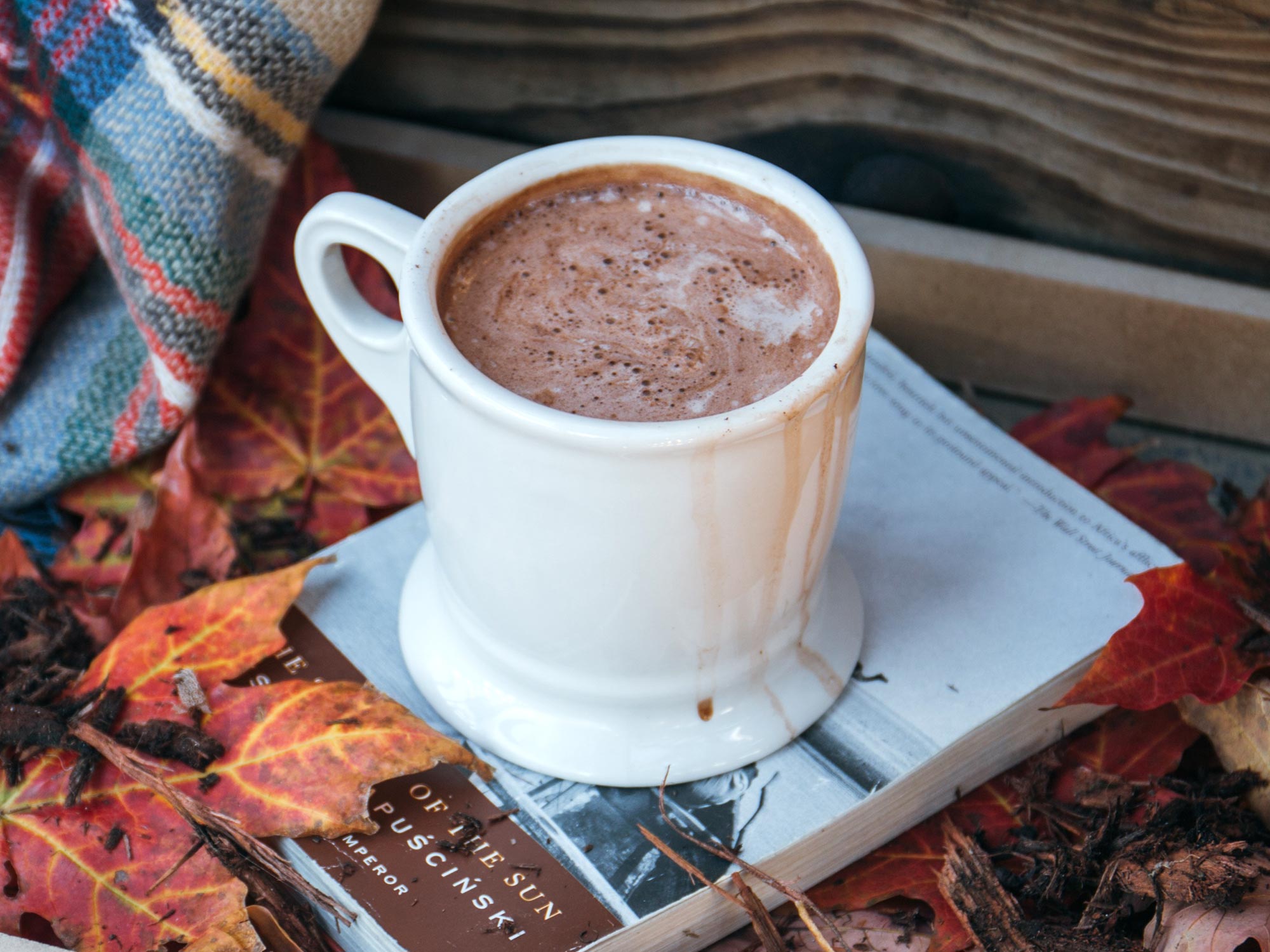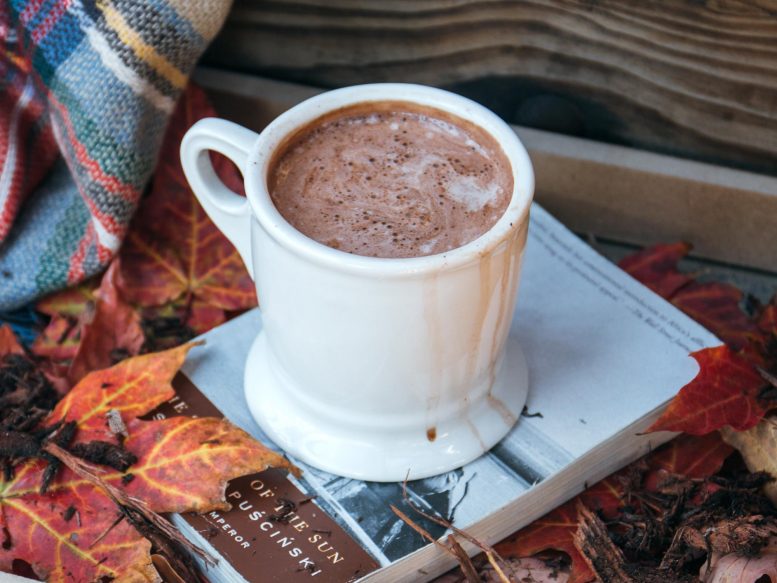
[ad_1]

The brains of healthy adults recovered faster after a mild vascular challenge and performed better on complex tests if participants consumed cocoa flavanols beforehand, the researchers report in the journal. Scientific reports. In the study, 14 of 18 participants saw these improvements after ingesting the flavanols.
Previous studies have shown that consuming foods rich in flavanols may benefit vascular function, but this is the first to find a positive effect on cerebrovascular function and cognitive performance in healthy young adults, said Catarina Rendeiro, researcher and lecturer in nutritional sciences at the University of Birmingham who led research with the University of Illinois at Urbana-Champaign, psychology professors Monica Fabiani and Gabriele Gratton.
“Flavanols are small molecules found in many fruits and vegetables, as well as in cocoa,” said Rendeiro. “They give fruits and vegetables their bright colors and they are known to be beneficial for vascular function. We wanted to know if the flavanols were also beneficial for the cerebral vascular system and if this could have a positive impact on cognitive function.

Catarina Rendeiro, University of Birmingham Lecturer in Nutritional Sciences, found that cocoa flavanols improve cerebral oxygenation and cognition in healthy adults. Credit: Photo: Catarina Rendeiro
The team recruited non-smoking adults with no known brain, heart, vascular or respiratory disease, believing that any effects observed in this population would provide strong evidence that dietary flavanols can improve brain function in healthy people.
The team tested all 18 participants before their consumption of cocoa flavanols and in two separate trials, one in which the subjects received cocoa rich in flavanols and another in which they consumed cocoa processed with very low levels of flavanols. Neither the participants nor the researchers knew what type of cocoa was consumed in each of the trials. This double-blind study design prevents the expectations of researchers or participants from affecting the results.
About two hours after consuming the cocoa, participants breathed air containing 5% carbon dioxide – about 100 times the normal concentration in air. This is a standard method for challenging the brain vascular system to determine how well it is responding, Gratton said.
The body usually responds by increasing blood flow to the brain, he said.
“It brings in more oxygen and also allows the brain to remove more carbon dioxide,” he said.
Using near infrared functional spectroscopy, a technique that uses light to capture changes in blood flow to the brain, the team measured oxygenation in the frontal cortex, a region of the brain that plays a key role in planning, behavior regulation and decision making.
“This allows you to measure how well the brain is defending itself against excess carbon dioxide,” Fabiani said.
The researchers also challenged participants with complex tasks that required them to manage sometimes contradictory or competing demands.
Most participants had a stronger and faster cerebral oxygenation response after exposure to cocoa flavanols than when they first started or after consuming cocoa without flavanols, the researchers found.
“Peak oxygenation levels were more than three times higher in high flavanol cocoa compared to low flavanol cocoa, and the oxygenation response was about a minute faster,” Rendeiro said.

Together with their colleagues, University of Illinois psychology professors Gabriele Gratton, left, and Monica Fabiani have found evidence that ingestion of flavanols can positively influence neurovascular health and brain function. Credit: Photo by L. Brian Stauffer
After ingesting the cocoa flavanols, participants also performed better on the more difficult cognitive tests, correctly resolving issues 11% faster than they initially did or when consuming cocoa with reduced flavanols. . There was, however, no measurable difference in performance on the easier tasks.
“This suggests that flavanols might only be beneficial during more difficult cognitive tasks,” said Rendeiro.
Participants found varying responses to cocoa flavanols.
“Although most people benefited from the intake of flavanols, there was a small group that did not,” said Rendeiro. Four of the 18 subjects in the study had no significant differences in brain oxygenation response after consuming flavanols, and their test performance did not improve.
“Because these four participants already had the highest oxygenation responses initially, it may indicate that those who are already quite fit have little room for improvement,” said Rendeiro. “Overall, the results suggest that improvements in vascular activity after exposure to flavanols are related to improvements in cognitive function.”
Reference: November 24, 2020, Scientific reports.
DOI: 10.1038 / s41598-020-76160-9
Fabiani and Gratton are affiliated with the Beckman Institute for Advanced Science and Technology at the University of Illinois.
A Birmingham-Illinois seed grant and the National Institute on Aging supported this research.
[ad_2]
Source link